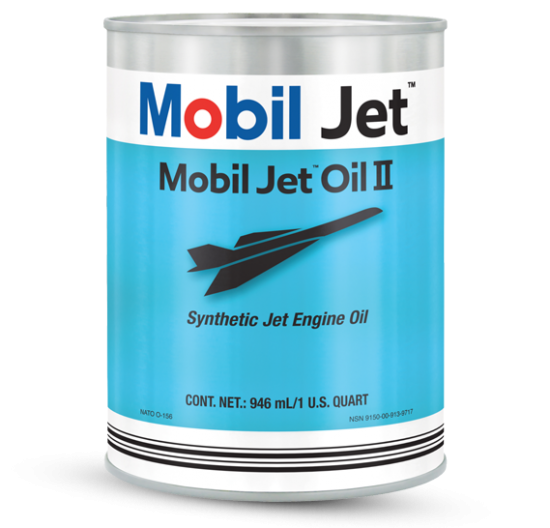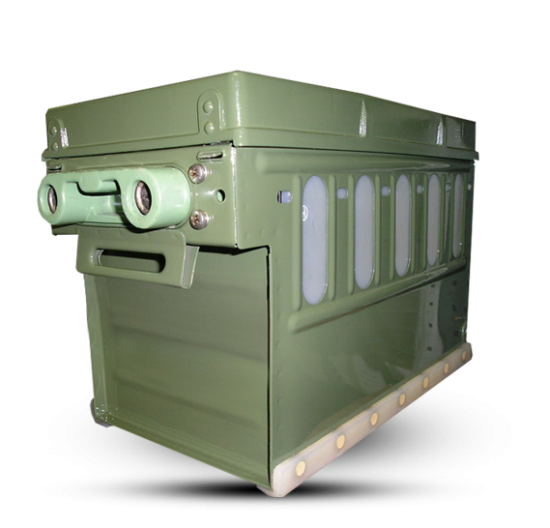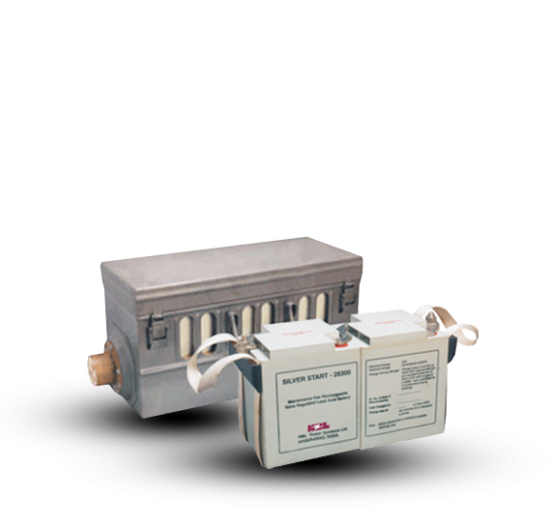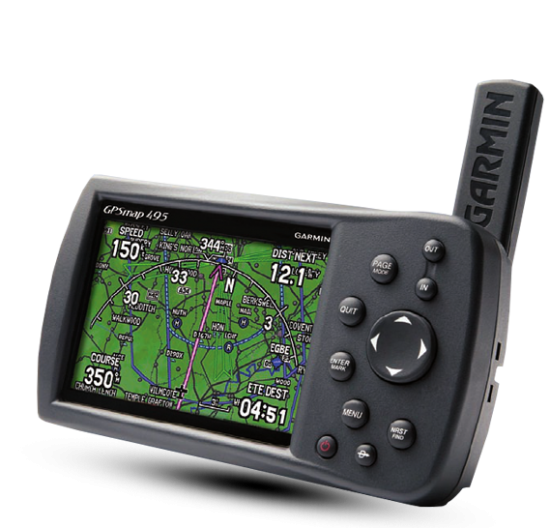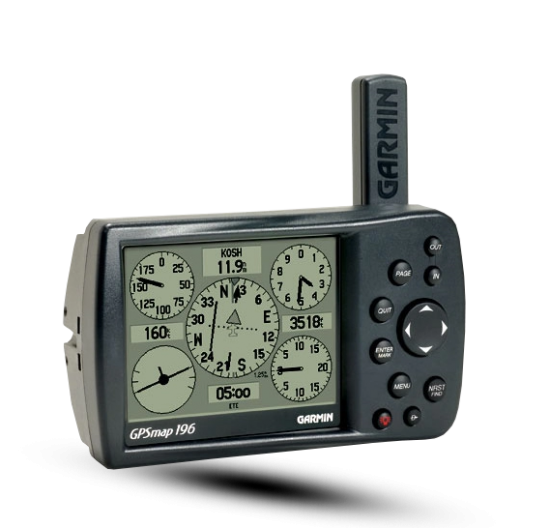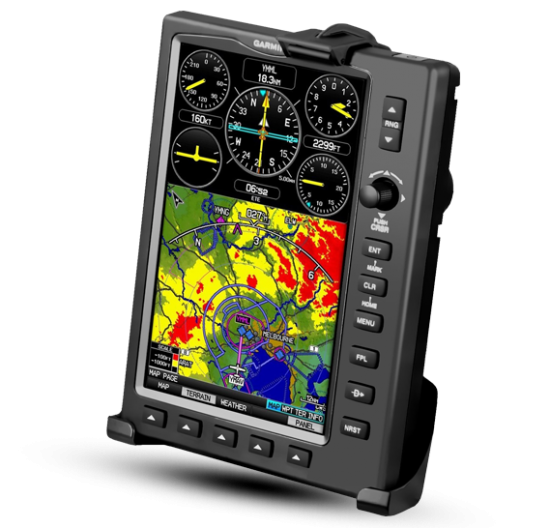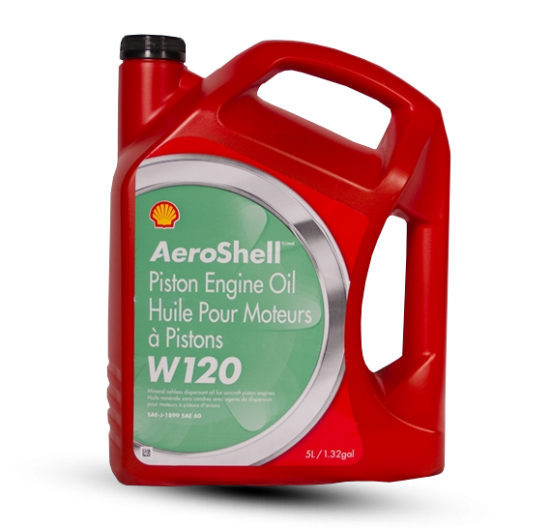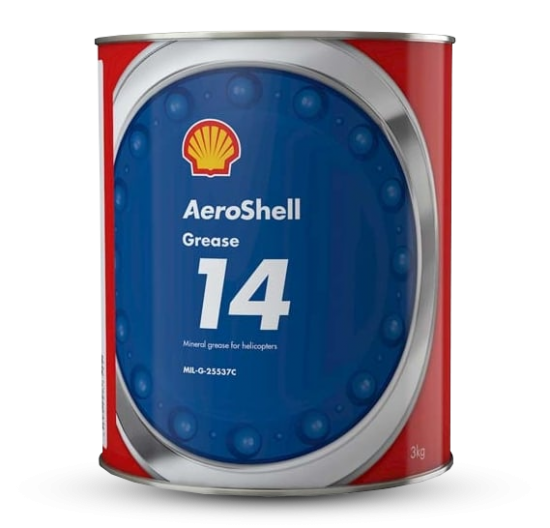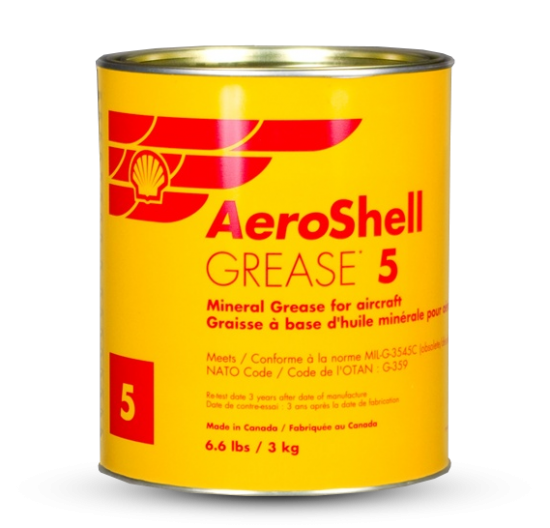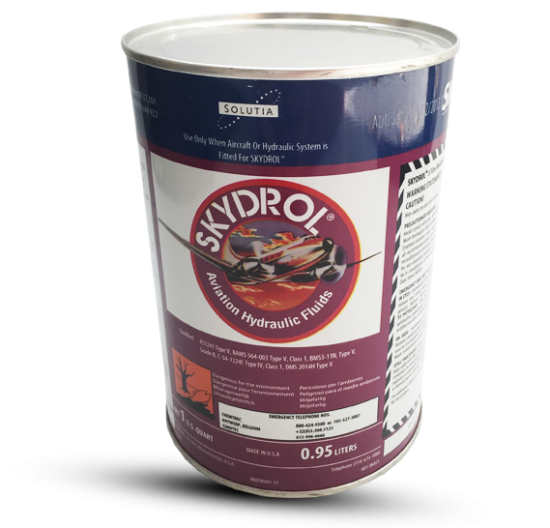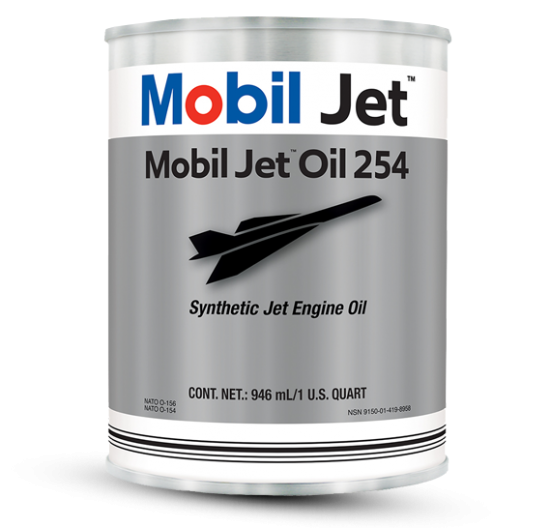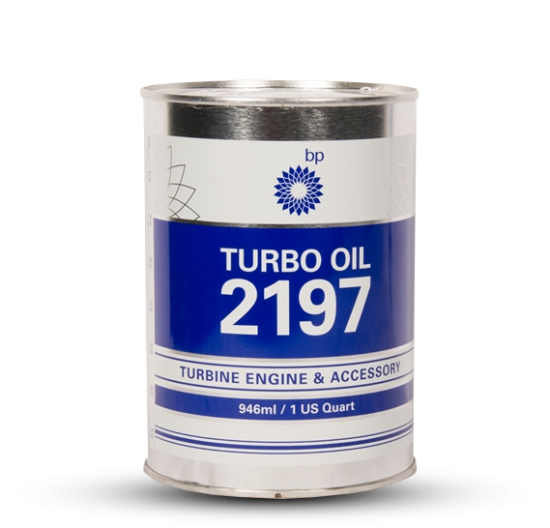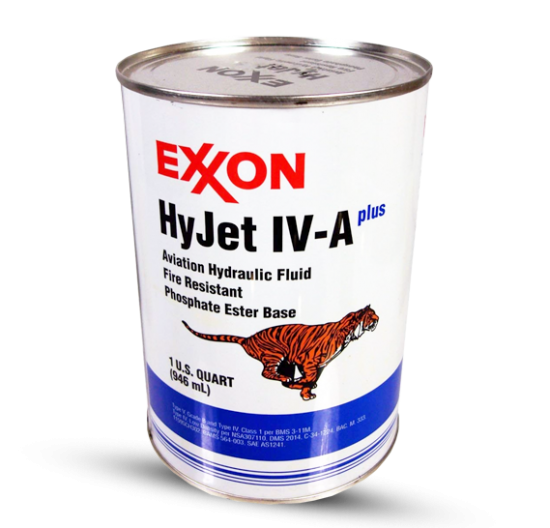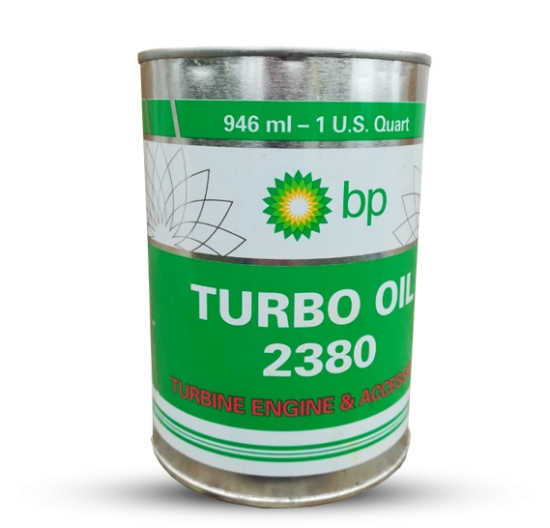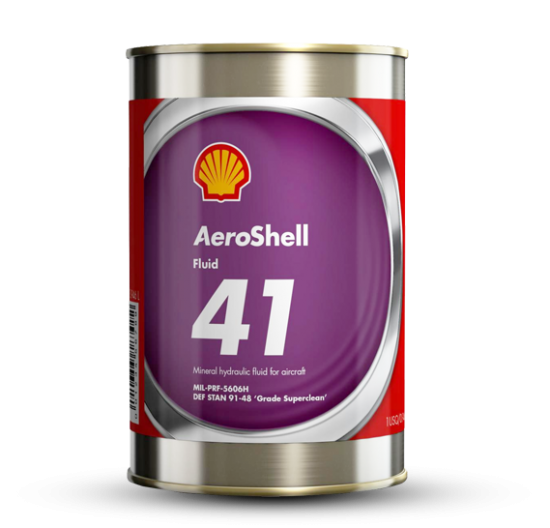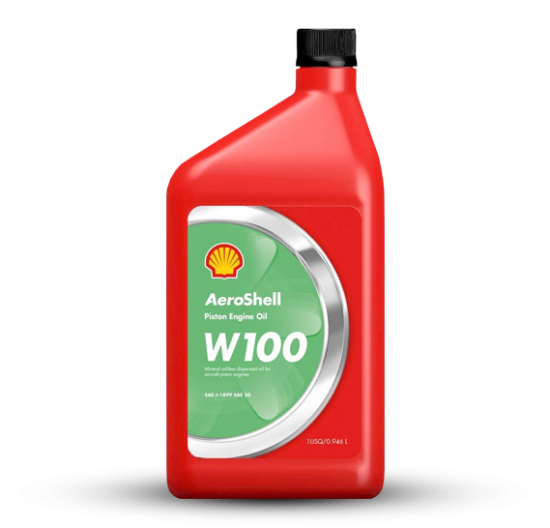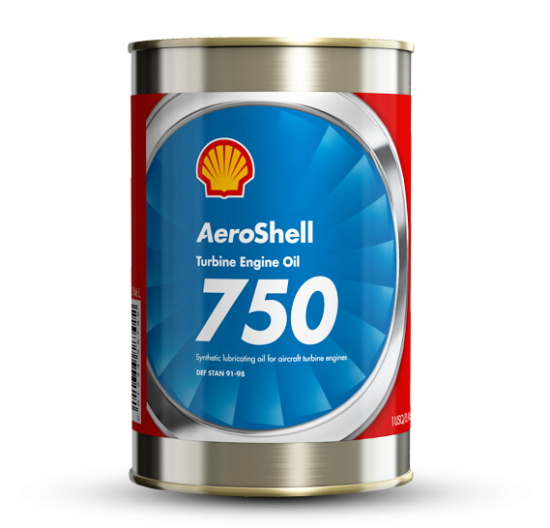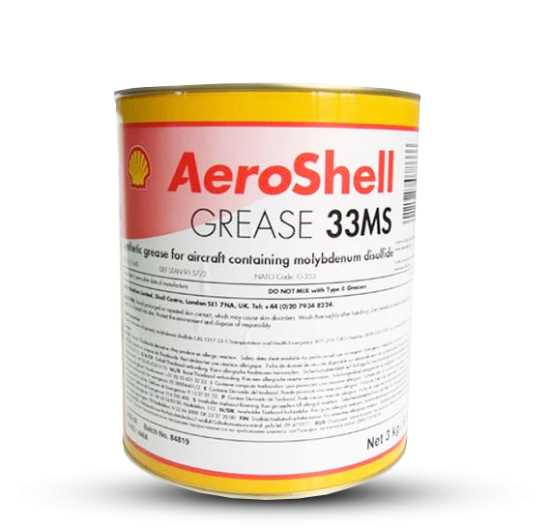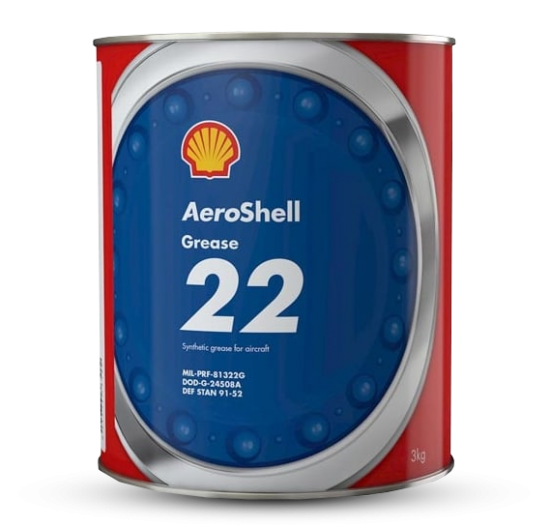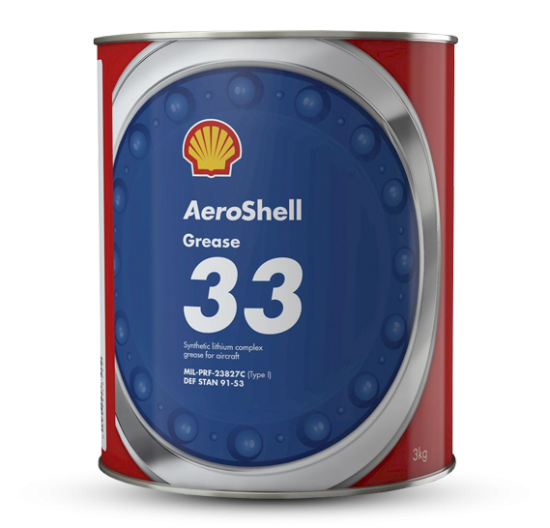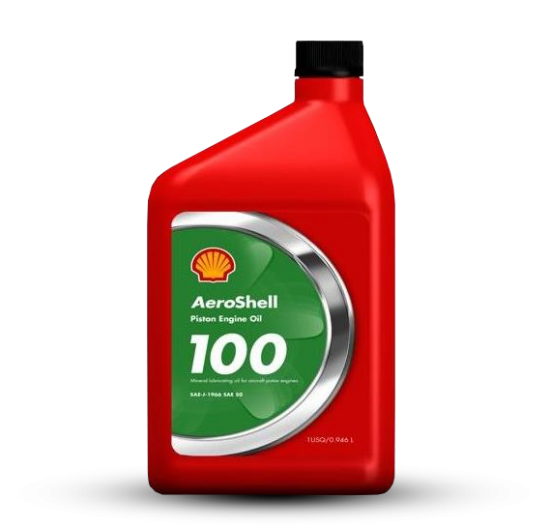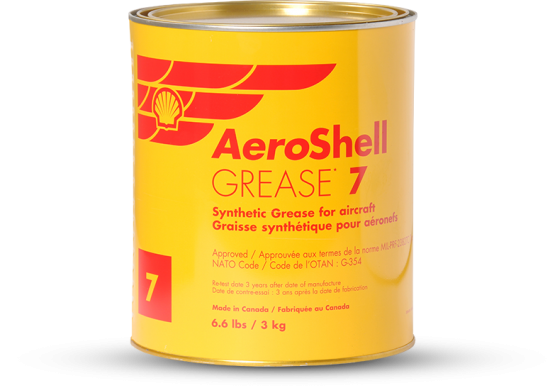Sale Mobil Jet Oil II
Mobil Jet Oil II is recommended for aircraft gas turbine engines of the turbo-jet, turbo-fan, turbo-prop, and turbo-shaft
(helicopter) types in commercial and military service. It also is recommended for aircraft-type gas turbine engines in industrial or marine application.
Mobil Jet Oil II is approved against US Military Specification MIL-L-23699C, as well as by the following engine and accessory manufacturers:
Engine Approvals
- Textron-Lycoming
- Allison Engine Co.
- General Electric Company
- Pratt & Whitney Group, United Technologies Corp.
- SNECMA
- Pratt & Whitney, Canada
- Rolls-Royce Limited
- Garrett Turbine Engine Co.
Accessory Approvals
- AiResearch, Auxiliary power units and air cycle machines
- Hamilton Standard Division, United Technologies Corp., Starters
- Sundstrand Corp., Constant-speed drives and integrated-drive generators
- Westinghouse Aerospace Electrical Division, Generators
Mobil Jet Oil II is compatible with other synthetic gas turbine lubricants meeting MIL-L-23699E.
However, mixing with other products is not recommended because the blend would result in some loss of the performance characteristics of Mobil Jet Oil II. Mobil Jet Oil II is compatible with all metals used in gas turbine construction, as well as with F Rubber (Viton A), H Rubber (Buna N), and silicone seal materials.
Mobil Jet Oil II packaged in quart cans may be held safely in storage for 30 years. Product packaged in drums should be tested before being placed in service after two years from date of manufacture. Mobil can provide information on conducting
these inspection tests.
| Excellent thermal and oxidation stability | Reduces the formation of carbon and sludge deposits
Maintains engine efficiency and extends engine life |
| Excellent wear and corrosion protection | Extends gear and bearing life
Reduces engine maintenance
|
| Retains viscosity and film strength across wide temperature range | Provides effective lubrication at high operating temperatures |
| Chemically stable | Reduces evaporation losses and lowers oil consumption
|
| Low pour point | Eases start-up in low ambient temperature conditions
|
|
Typical Characteristics |
||
| Mobil Jet Oil II | MIL-L-23699C Requirements |
|
| Viscosity, cSt at 100°C | 5,0 | 5.0 - 5.5 |
| cSt at 40°C | 25,3 | 25.0 min. |
| cSt at -40°C | 11 000 | 13,000 max. |
| % change at -40ºC after 72 hr. | 3.7 | ±6 |
| Flash Point, ºC, min | 268 | 246 |
| Fire Point, ºC, min | 285 | -- |
| Autogenous Ignition Temp, ºC, min | 404 | -- |
| Pour Point, ºC | -54 | -54 |
| Specific Gravity, 15/15ºC | 1,0035 | -- |
| TAN ( mg KOH/g sample ) | 0,08 | 0.05 max. |
| Evaporation Loss, % | ||
| 6.5 hr at 204°C, 29.5" Hg | 5,0 | 10 max. |
| 6.5 hr at 232°C, 29.5" Hg | 10,9 | -- |
| 6.5 hr at 232°C, 5.5" Hg | 33,7 | -- |
| Foam, ml | ||
| Sequence 1, 24°C | 10 | 25 max. |
| Sequence 2, 93°C | 15 | 25 max. |
| Sequence 3, 75°C (after 93°C test) | 10 | 25 max. |
| Foam Stability, after 1 min settling, ml | 0 | 0 max. |
| Rubber Swell | ||
| F Rubber, 72 hr at 204°C, % | 19 | 5 - 25 |
| H Rubber, 72 hr at 70°C, % | 16 | 5 - 25 |
| Silicone, 96 hr at 121°C, % | 9 | 5 - 25 |
| Tensile Loss, % | 17 | 30 max. |
| Sonic Shear Stability, KV at 39 °C, change, % | 0 | 4 max. |
| Ryder Gear | ||
| Average lb/in | 2750 | -- |
| % Hercolube A | 115 | 112 max. |
![]() Download MSDS Mobil Jet Oil II
Download MSDS Mobil Jet Oil II![]() THE TOXICITY OF COMMERCIAL JET OILS
THE TOXICITY OF COMMERCIAL JET OILS![]() Mobil Jet Oils - Equipment Builder Reference Guide
Mobil Jet Oils - Equipment Builder Reference Guide
* Fortrouble - freeperformance, use Mobil Jet Oil II in your fleet’s gas turbine engines.
* Why use a lubricant that is trying to be like Mobil Jet Oil II when you can use the real thing?
* Throughout history
* Mobil Jet Oil II’s formulation is tailor-made by ExxonMobil to help control jet engine deposits.
Why many customers think it is the world’s most reliable lubricant for aircraft-type gas turbine engines.
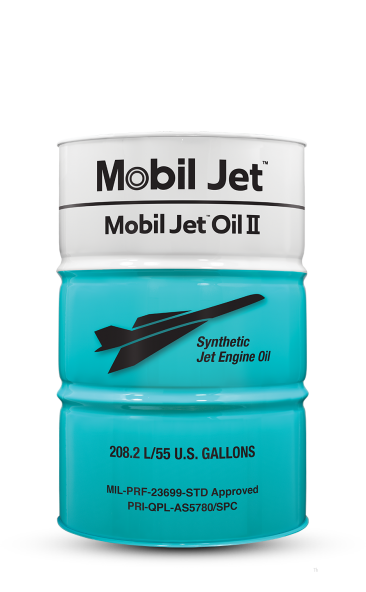
OUR BEST OFFER!
TRAST Aerosupermarket


